The 1970s was a golden age for television movies, a time when networks were willing to take risks on unique, character-driven stories. Before streaming services and binge-worthy series dominated the entertainment landscape, these TV films offered compelling narratives, often tackling social issues or experimental storytelling in a way that network programming couldn’t. They weren’t just filler; they were events. Many of these movies were star-studded affairs, featuring some of the biggest names of the day. Yet, despite their initial popularity, many have been left behind in the era of box sets and digital archives. Let’s revisit 14 forgotten TV movies from the 1970s that are well worth rediscovering today.
1. Duel (1971)
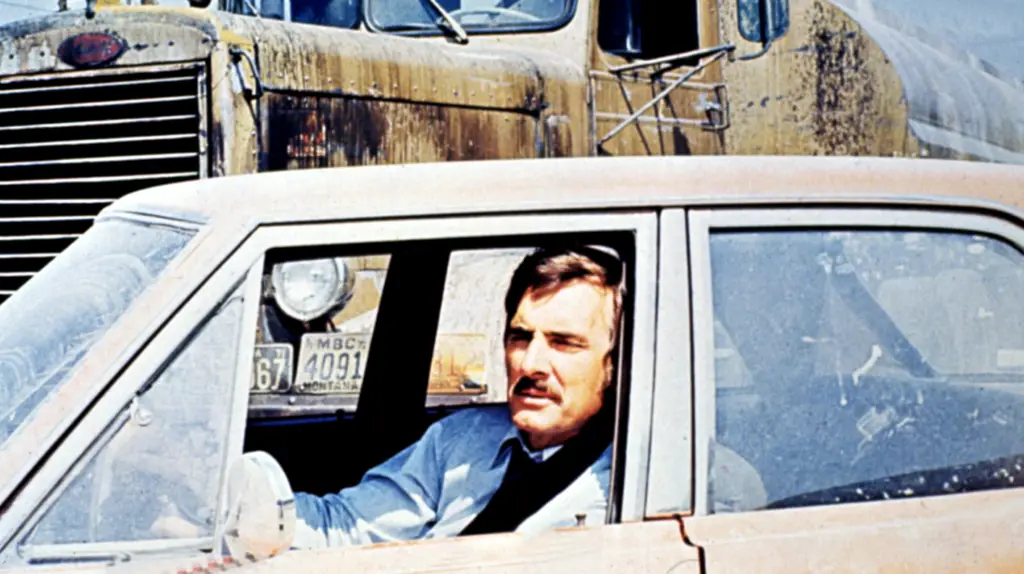
Before Steven Spielberg became a household name with Jaws, he directed Duel, a made-for-TV movie that turned something as mundane as a highway drive into a pulse-pounding thriller. The film follows David Mann, played by Dennis Weaver, as he’s terrorized by a menacing tanker truck on a desolate California highway. With minimal dialogue and no clear view of the truck driver, Spielberg’s mastery of suspense is on full display, making this one of the most unforgettable TV movies of its time.
What makes Duel remarkable is how it manages to create nail-biting tension out of something so relatable. Who hasn’t felt uneasy on the road, boxed in by aggressive drivers? This movie takes that universal experience and amplifies it into a Hitchcockian nightmare. It’s a testament to Spielberg’s early talent and remains a masterclass in suspense, despite its TV origins. If you’ve ever watched it, you probably felt your heart race at least once—or gripped the armrest tighter during those hairpin twists.
2. Brian’s Song (1971)
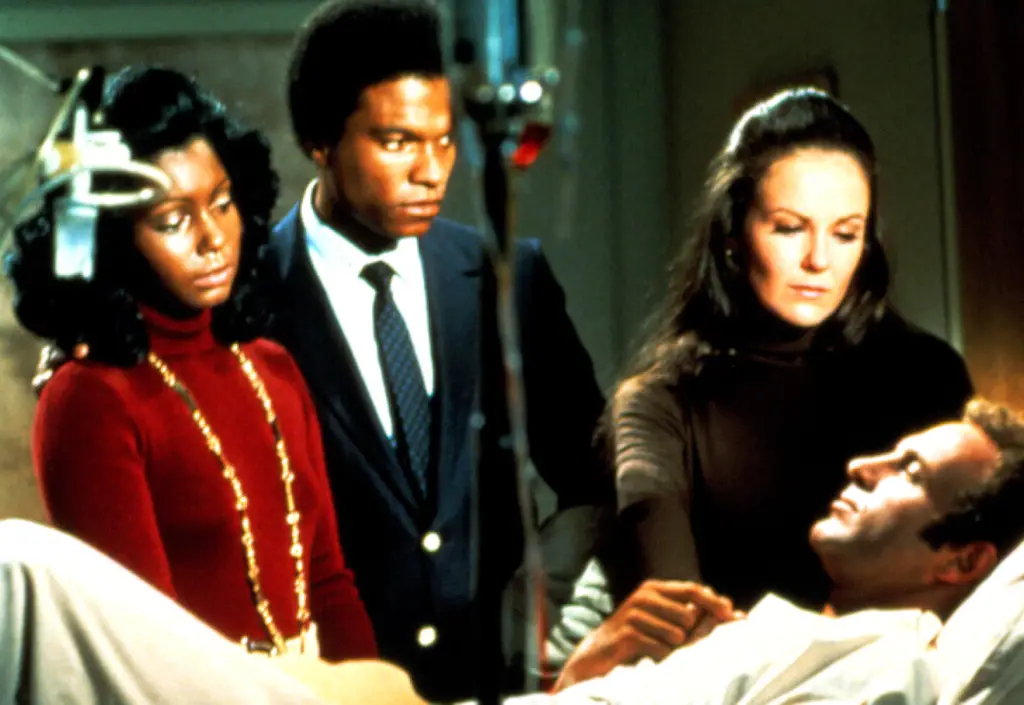
It’s impossible to forget the emotional punch of Brian’s Song, a movie that redefined the genre of sports films by focusing on friendship, not just the game. Starring James Caan as Brian Piccolo and Billy Dee Williams as Gale Sayers, the film tells the true story of two Chicago Bears players whose deep friendship endures despite racial barriers and the heartbreak of Piccolo’s terminal illness. It wasn’t just a sports movie—it was a human story.
Brian’s Song resonated with audiences across the country, becoming one of the most-watched TV movies of all time. The performances are unforgettable, especially Caan’s raw portrayal of a man grappling with his mortality. The movie’s themes of brotherhood and perseverance struck a chord in an era when America was wrestling with civil rights issues, making it both timely and timeless. If you’re ready for a good cry, this one still holds up.
3. The Night Stalker (1972)
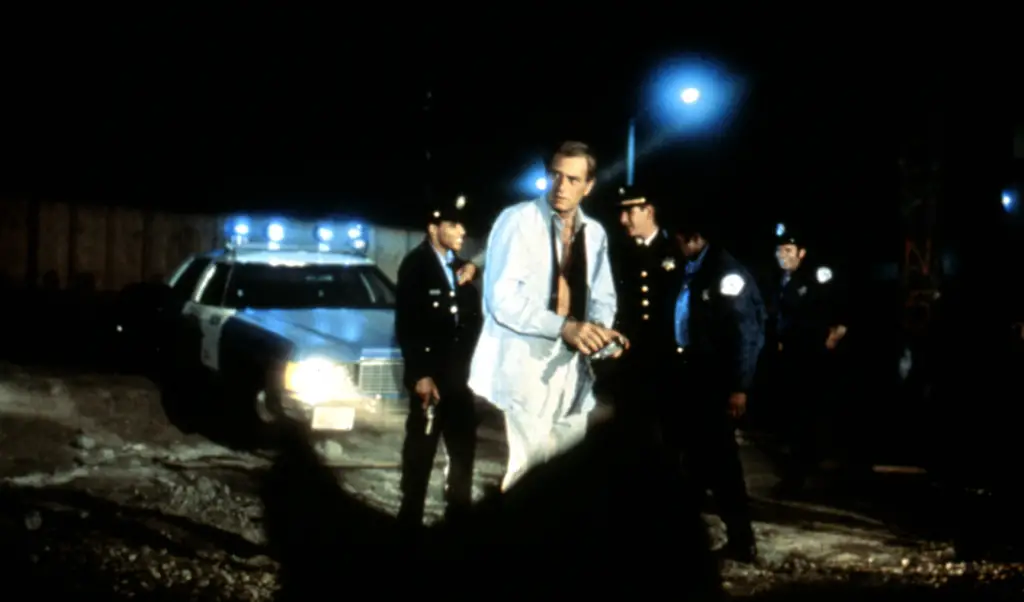
Long before vampires sparkled in the sun or became angsty heartthrobs, The Night Stalker brought the undead to primetime. This film follows Carl Kolchak, a cynical reporter played by Darren McGavin, as he investigates a series of murders in Las Vegas. The twist? The killer is a vampire. Combining horror with detective noir, this TV movie was so popular it spawned a sequel and eventually a short-lived series.
What made The Night Stalker so gripping was its blend of creepy atmosphere and Kolchak’s dogged determination to uncover the truth. It stood out in a time when supernatural themes weren’t as common on television. The film’s sharp dialogue and eerie mood make it a must-watch for anyone who loves a good fright. Plus, it’s always fun to see a journalist take on a vampire with nothing more than a camera and a quick wit.
4. The Autobiography of Miss Jane Pittman (1974)
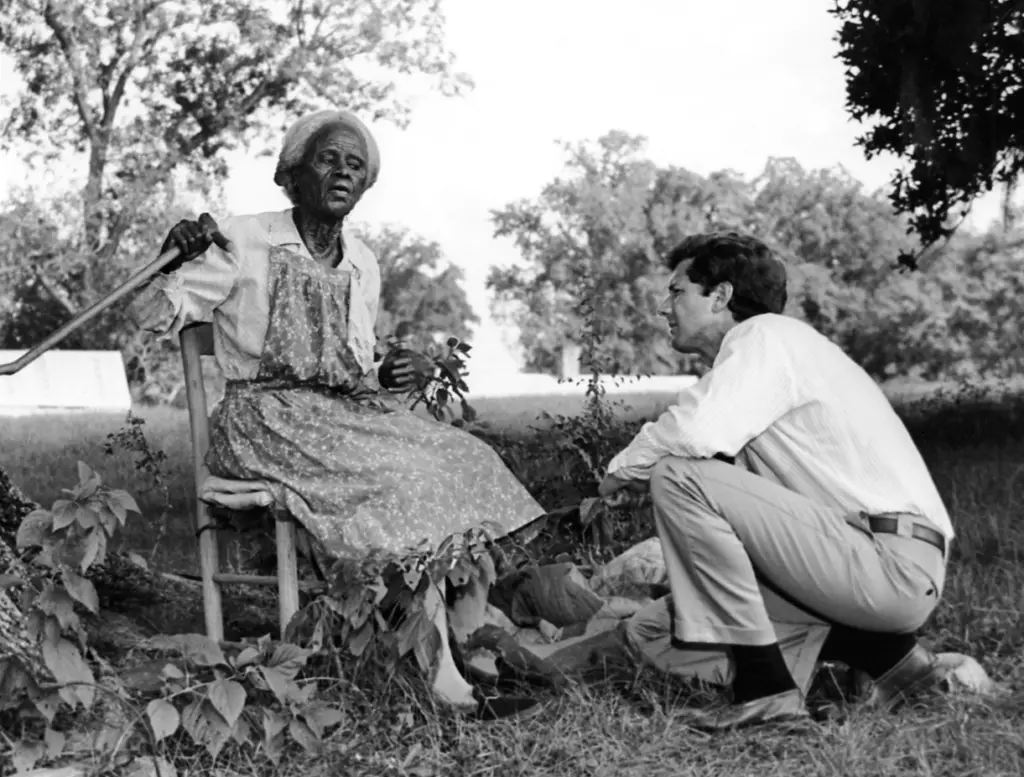
Cicely Tyson’s tour-de-force performance in The Autobiography of Miss Jane Pittman is one of the greatest in TV movie history. The film spans over a century of American history through the eyes of Jane Pittman, a former slave who lived to see the civil rights movement. Tyson’s transformation, from a young woman to a 110-year-old activist, is nothing short of mesmerizing, and her performance earned her an Emmy.
The film’s power lies in its ability to connect personal struggles to larger historical events, making history feel immediate and human. It’s a reminder of how much has changed and how much work remains. For anyone who saw this when it aired, Jane Pittman’s story likely left an indelible mark. Rewatching it today feels like stepping back into a deeply personal history lesson, one that remains profoundly relevant.
5. Sybil (1976)
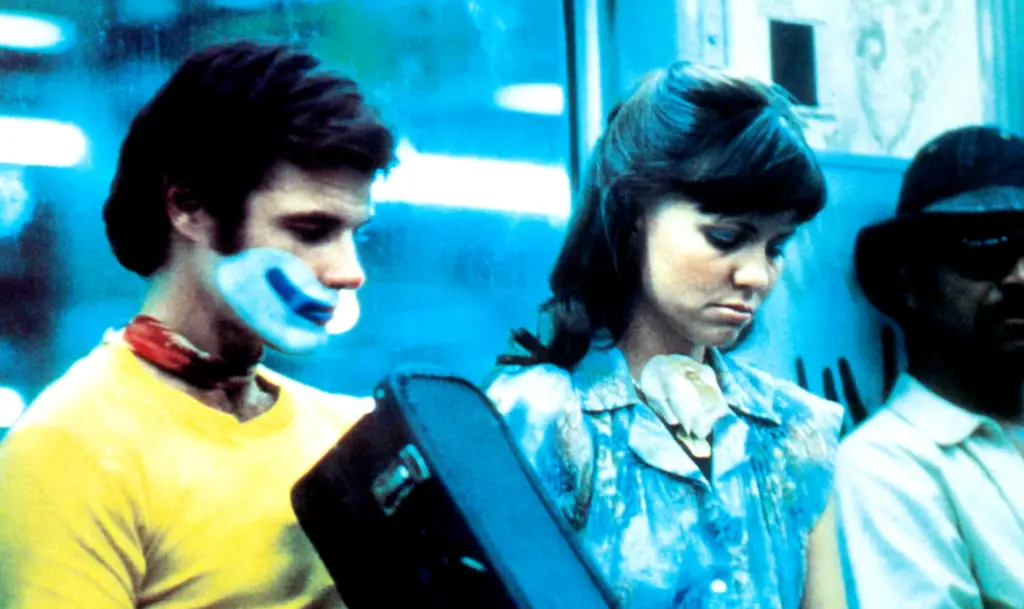
Before mental health awareness became a widespread conversation, Sybil brought dissociative identity disorder (DID) into the spotlight. Sally Field gave a career-defining performance as Sybil, a woman with multiple personalities resulting from severe childhood trauma. Field’s ability to shift between personalities with such authenticity made this TV movie a landmark moment for both acting and storytelling.
The film didn’t just educate audiences about DID—it also created empathy for those grappling with complex mental health conditions. It’s a harrowing watch, with moments that are tough to sit through, but it’s also a powerful reminder of the resilience of the human spirit. Field’s portrayal remains one of the most nuanced and compelling performances ever captured on television, and Sybil deserves a place in any discussion of 1970s classics.
6. Savages (1974)
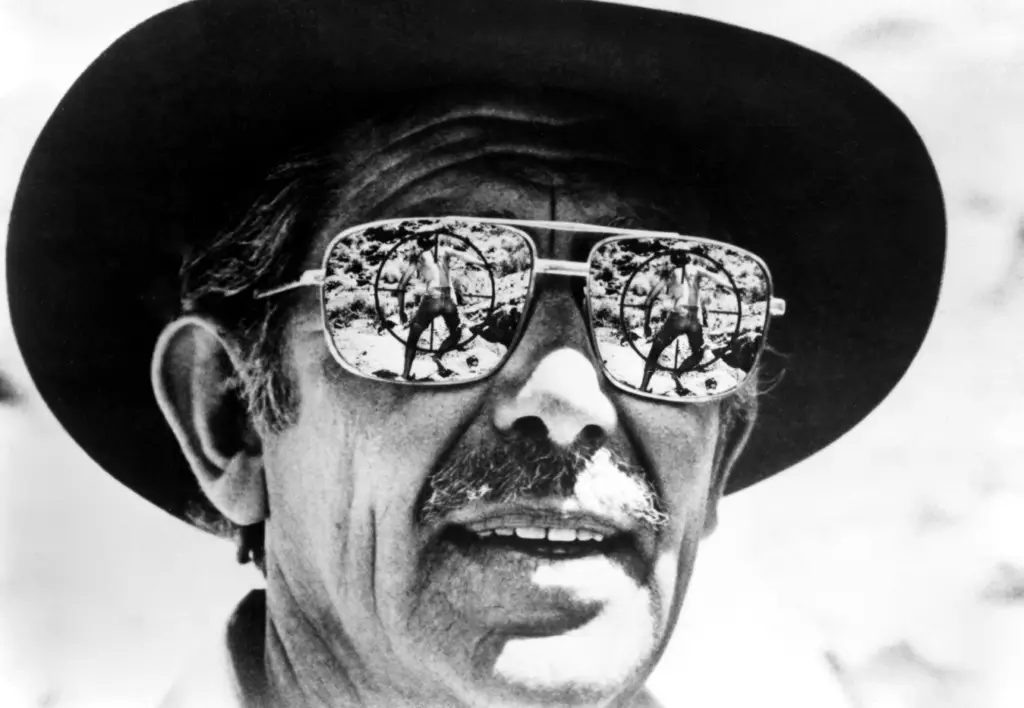
In Savages, Andy Griffith takes a surprising turn as a ruthless hunter who pursues his prey—a stranded man played by Sam Bottoms—through a desolate desert. The film is a tense cat-and-mouse thriller that flips Griffith’s wholesome TV persona on its head, proving his range as an actor. The harsh desert setting adds to the film’s intensity, creating a relentless atmosphere of survival and desperation.
This movie is a gripping exploration of morality and human nature, with Griffith delivering a chilling performance that feels worlds away from Mayberry. The stark visuals and high-stakes story make it a riveting watch, and it’s a great reminder of how TV movies could deliver big-screen thrills. For fans of suspenseful dramas, Savages is a must-see.
7. That Certain Summer (1972)
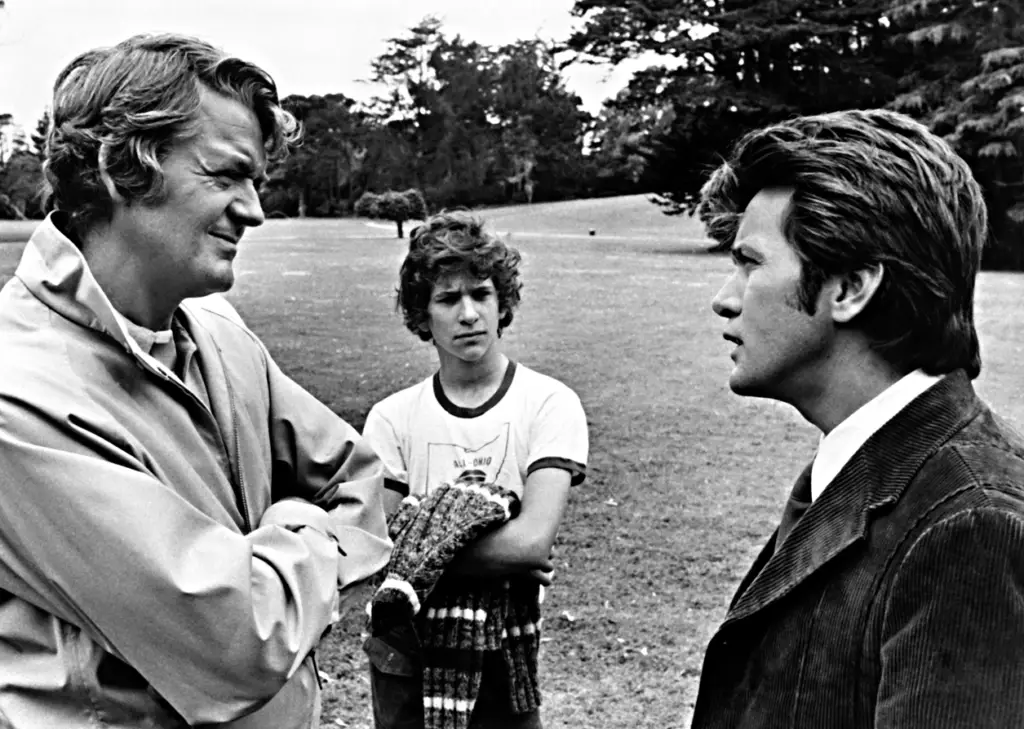
At a time when LGBTQ+ themes were rarely explored on television, That Certain Summer broke barriers with its sensitive portrayal of a divorced father coming out as gay. Starring Martin Sheen and Hal Holbrook, the movie tells the story of a father trying to navigate his relationship with his teenage son while introducing him to his partner. It was groundbreaking in its approach, offering a compassionate and nuanced depiction of a gay relationship in an era when such topics were often stigmatized.
What’s remarkable about this film is its refusal to sensationalize or stereotype its characters. Instead, it focuses on love, acceptance, and understanding, themes that remain universally resonant. For audiences in the 1970s, this was an eye-opening and humanizing portrayal of a marginalized community. Watching it today, it’s a powerful reminder of how far representation has come—and how vital these early stories were in paving the way.
8. Don’t Be Afraid of the Dark (1973)
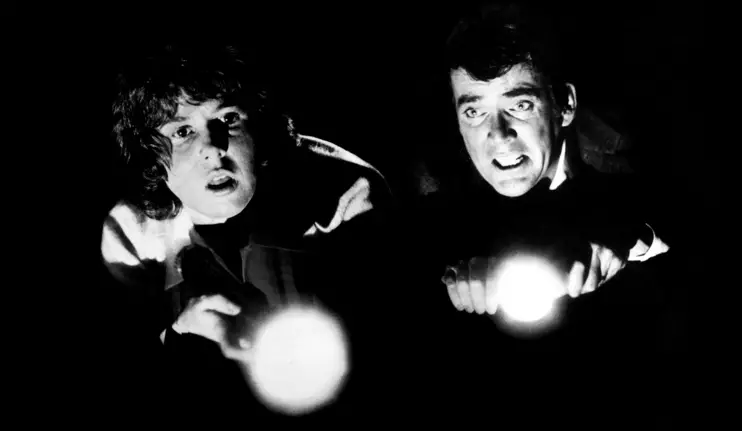
If you ever grew up afraid of the dark, this TV movie might be the reason. Don’t Be Afraid of the Dark follows a young couple who inherit an old house and accidentally unleash a group of malevolent creatures that dwell in the shadows. Kim Darby’s performance as the terrified wife is pitch-perfect, and the film’s minimalist effects only add to its creepy atmosphere.
The movie’s brilliance lies in its simplicity. The small, whispering creatures are rarely shown in full, leaving much to the imagination—an effective tactic that keeps the suspense dialed up. It’s one of those films that had kids checking under their beds for years and still holds up for a spooky movie night. If you haven’t seen it, you’re missing out on one of the most chilling TV movies of the decade.
9. The Execution of Private Slovik (1974)
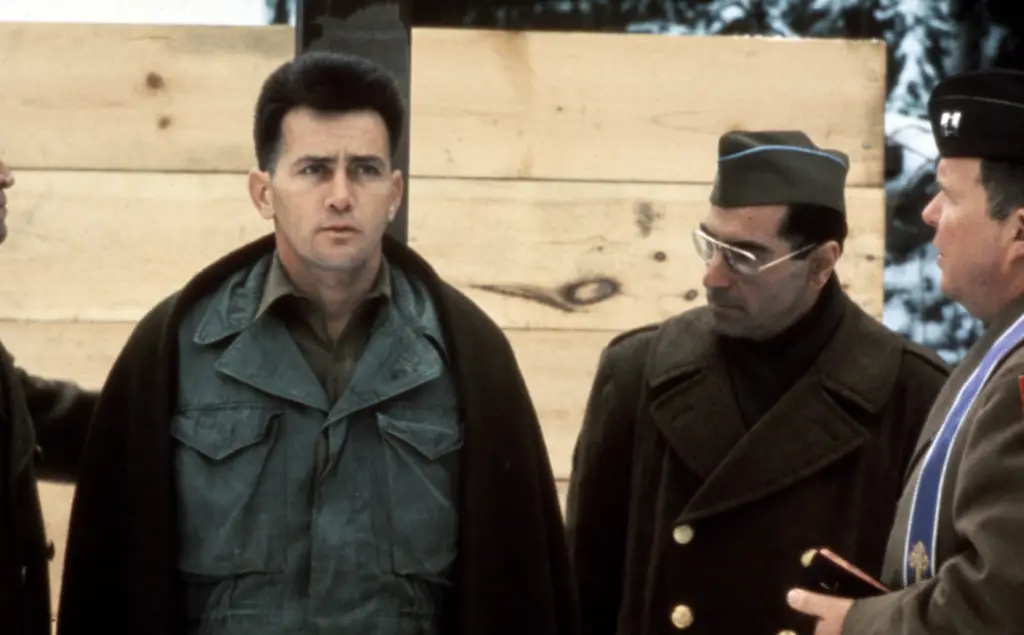
Starring Martin Sheen in one of his most compelling performances, The Execution of Private Slovik tells the true story of Eddie Slovik, the only American soldier executed for desertion during World War II. The film is a heartbreaking exploration of morality, justice, and the human cost of war, brought to life by Sheen’s powerful portrayal of a man caught in an impossible situation.
What makes this movie so impactful is its humanity. It doesn’t shy away from the harsh realities of war but instead focuses on Slovik’s personal journey, making his story feel immediate and real. It’s a haunting film that forces viewers to confront uncomfortable truths, leaving a lasting impression long after it ends.
10. The Girl Most Likely To… (1973)
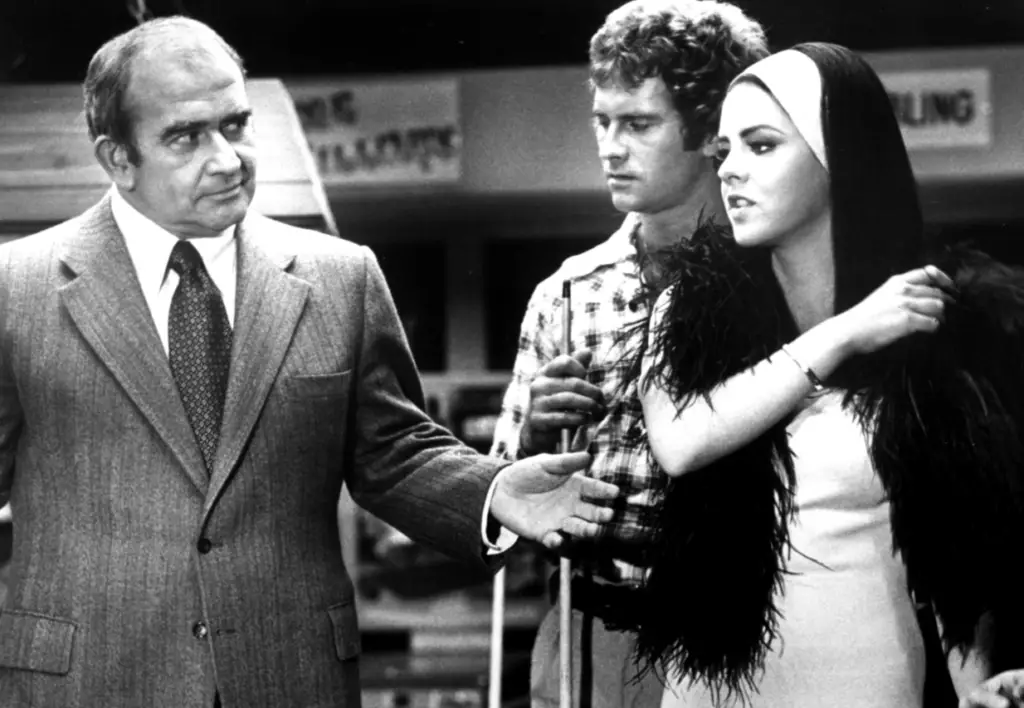
Equal parts comedy and revenge thriller, The Girl Most Likely To… follows Miriam Knight, played by Stockard Channing, a once-overlooked college student who transforms after plastic surgery and uses her newfound beauty to take revenge on those who wronged her. Written by Joan Rivers, this darkly comedic TV movie is as sharp and witty as you’d expect from its legendary writer.
What sets this film apart is its mix of biting humor and poignant commentary on societal beauty standards. Channing’s performance strikes the perfect balance between sympathetic and sinister, making you root for her even as she takes her revenge. It’s a quirky, daring story that feels ahead of its time, exploring themes that remain relevant today.
11. Bad Ronald (1974)
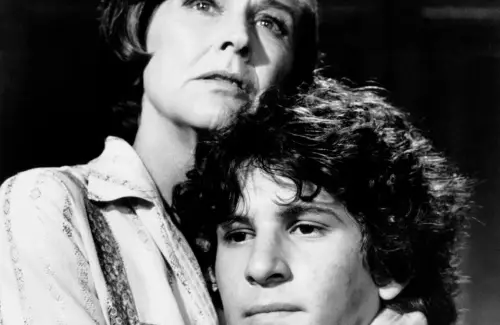
What happens when a troubled teenager hides out in the walls of his house after committing a crime? You get Bad Ronald, a tense, psychological TV movie that’s as unsettling as it is unforgettable. Scott Jacoby delivers a haunting performance as Ronald, whose isolation and paranoia escalate as a new family unknowingly moves into the house.
The brilliance of Bad Ronald lies in its unique premise and slow-burn tension. The film’s claustrophobic setting amplifies the suspense, while Jacoby’s portrayal makes you feel both sympathy and unease. It’s a fascinating look at guilt and mental instability, wrapped in a thriller that keeps you on edge. For anyone who enjoys a creepy, character-driven story, this one’s a hidden gem.
12. Go Ask Alice (1973)
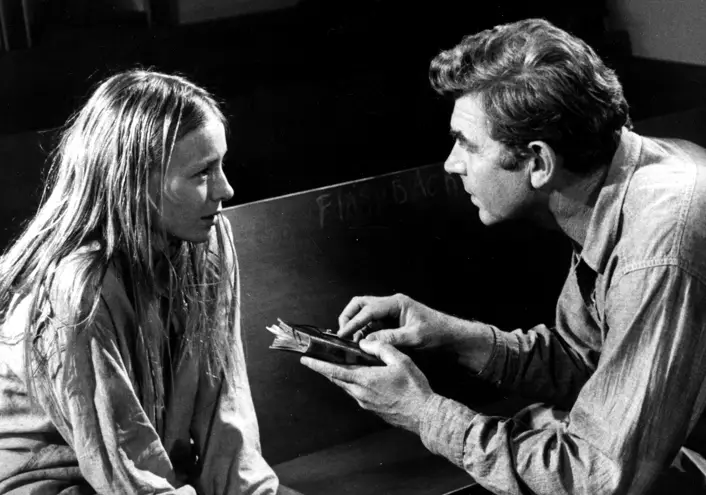
Based on the controversial book of the same name, Go Ask Alice tells the harrowing story of a teenage girl’s descent into drug addiction. The film doesn’t shy away from the dark realities of addiction, making it a powerful and sobering watch. Jamie Smith-Jackson’s raw performance as Alice captures the vulnerability and desperation of a young girl caught in a dangerous spiral.
This movie served as a cautionary tale for a generation, warning teens about the dangers of drugs in a way that felt both real and terrifying. While some elements may feel dated, its core message remains relevant. It’s a gripping, emotional story that sticks with you, offering a stark reminder of the challenges many young people face.
These TV movies from the 1970s are more than just relics of their time—they’re windows into an era when television dared to push boundaries and tell meaningful stories. They’ve aged in ways that remind us of their originality and heart, making them well worth revisiting for anyone who loves a good story and a trip down memory lane.


